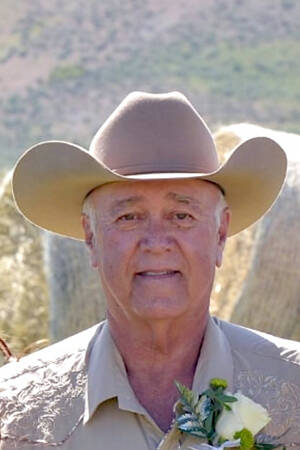By Tim Clouser | The Center Square
(The Center Square) – A bipartisan effort to “ditch the switch” is returning to Washington state. If approved, the Legislature would implement Pacific Standard Time year-round, ending the practice of daylight saving time.
The state has debated DST for the past few years, with a similar measure proposed by Sen. Mike Padden, R-Spokane Valley, failing to make much progress last January. Sen. Jeff Wilson, R-Longview, said he intends to carry the torch alongside Democrat partners with Senate Bill 5001.
State lawmakers passed legislation in 2019 that was supposed to implement DST year-round rather than PST, as Padden and Wilson proposed. However, shifting to DST full-time requires congressional approval, which hasn’t happened yet, leaving the state in anticipation.
Wilson and Senate Majority Leader Manka Dhingra, D-Redmond, want to flip the script. If approved, SB 5001 would implement PST year-round, which doesn’t require federal approval, meaning the clocks won’t spring forward each March for another hour of sun in the evening.
“I get it. There’s a lot of [proposals] coming, thousands,” Wilson told The Center Square. “We do have to pick and choose, but I believe in this enough to at least put it out there for the offering.”
While ending DST might not seem controversial, there is some pushback, but that’s not necessarily why it failed last January. The Legislature only has so long to work through thousands of proposed bills, so lawmakers have to prioritize what advances.
The committee chair gets to decide which bills receive hearings, the first step on the path to passing; Padden’s proposal got one early in the 2024 legislative session, but the chair never scheduled another one, meaning the bill died in the Senate.
While Wilson is hopeful his proposal will make it further along this time, it will likely face pushback. During the hearing in January, eight people testified in support of Padden’s bill, including him and Dhingra, with three against it, including representatives from the University of Washington.
Those who testified against the bill referenced its potential effect on people’s circadian rhythms, the agricultural community, recreational opportunities and traffic safety. Meanwhile, the other side focused on the impact of DST on sleep, depression and the fiscal cost associated.
An Association of Washington Business representative noted that the biannual clock changes cost $340 million annually nationwide.
“Those who want more daylight after work, I would employ them to simply start their workdays earlier rather than force everyone else into an unhealthy lifestyle,” Jay Pea, Arizona resident and founder of Save Standard Time, testified during the January 2024 hearing.
Hawaii and most of Arizona are currently the only states that observe permanent standard time. Around 20 have passed legislation in the past five years supporting year-round DST like Washington did in 2019, with even more proposing their own in the last year.
Like Padden’s bill, Wilson and Dhingra’s proposal includes a provision that would eventually shift the state to DST year-round if Congress eventually grants approval, per the 2019 law.
One potentially significant issue with adopting PST year-round would be its impact on Oregon and Idaho. A small portion of eastern Oregon operates on Mountain Time, as do parts of Idaho to the east of Oregon. Northern Idaho, to the east of Washington, observes PST.
Idaho passed a similar law in 2020 that Washington did in 2019, meaning they would align if Congress eventually approves year-round DST; however, in the meantime, Portland and Coeur d’Alene, both minutes from Washington, would be periodically separated by an hour time difference if SB 5001 passes.
“We do need to send a message to the federal government that a lot of this is simply up to [them],” Wilson told The Center Square. “It’s on their books. We’re just staying in our lane.”
The 2025 legislative session convenes Jan. 13.







